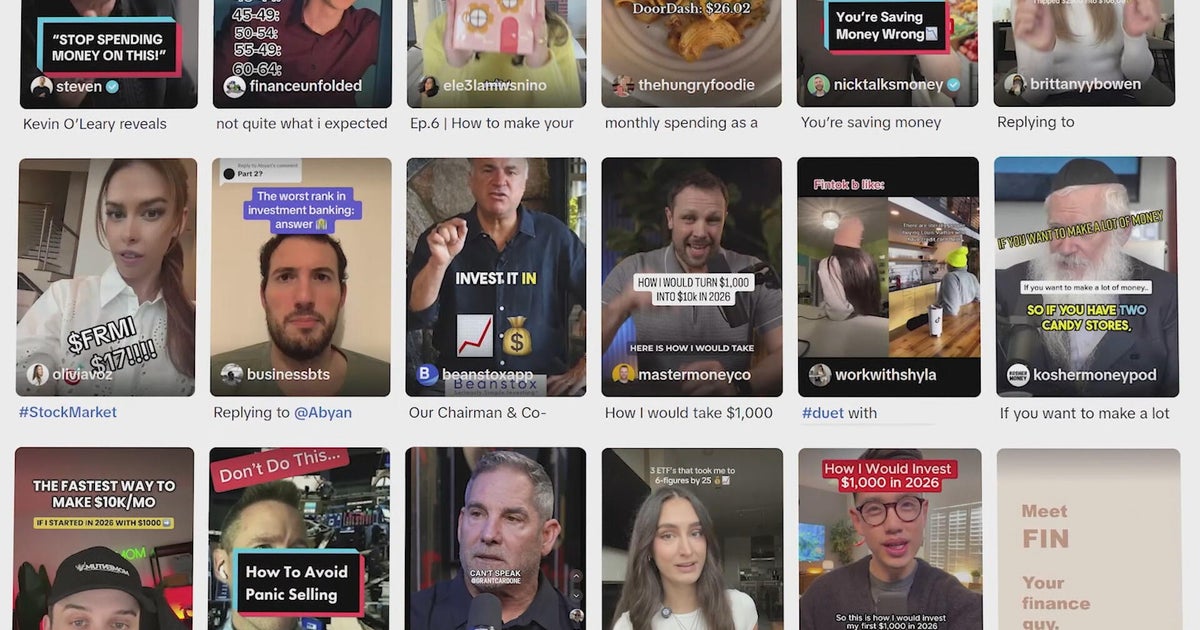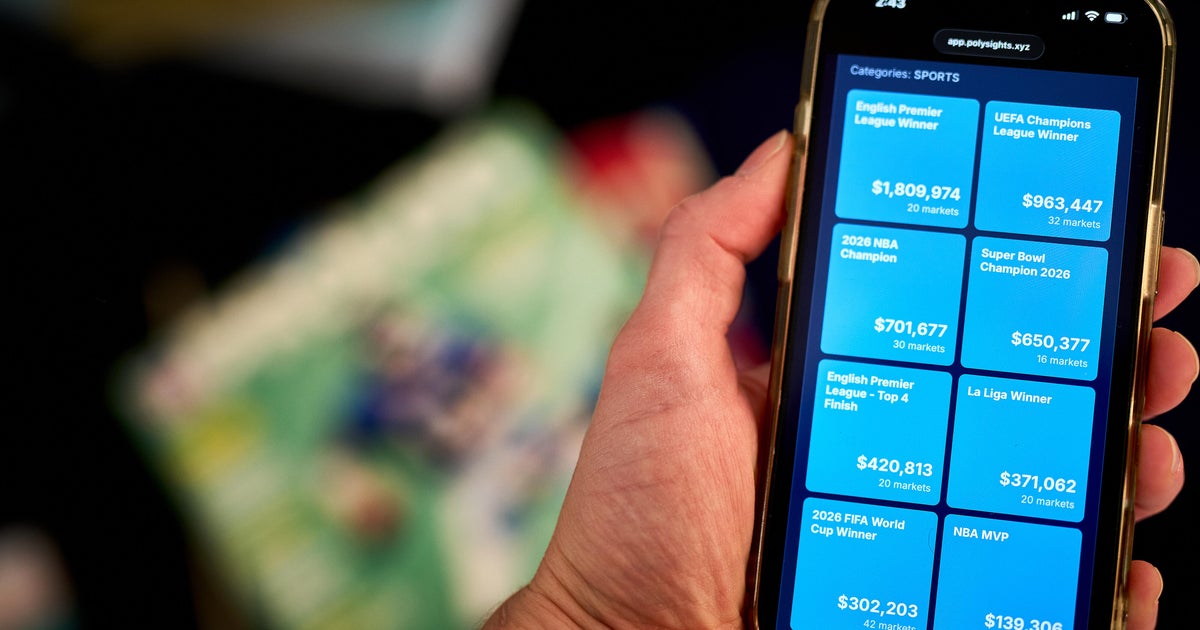Facebook to shut down and delete its face-recognition system
Facebook is ending its facial recognition system this month and plans to delete face scans of the more than 1 billion users it collected in the past decade, the company – attributing the shift to growing societal concerns – announced Tuesday.
The decision eliminates a feature that created templates of user's faces and compared them to other photos and videos posted on the platform. The collected data allowed Facebook to notify users when they appeared in someone else's photo or video and prompted users to "tag" friends and family that the artificial intelligence recognized in the content.
"There are many concerns about the place of facial recognition technology in society, and regulators are still in the process of providing a clear set of rules governing its use," Jerome Presenti, vice president of artificial intelligence at Meta, Facebook's newly named parent company, said in a blog post. "Amid this ongoing uncertainty, we believe that limiting the use of facial recognition to a narrow set of use cases is appropriate."
While the new change means Meta's technology will no longer automatically recognize if a user's face appears in a photo or video posted on the platform, Facebook will still use the system in a limited capacity. Users will be able to gain access to locked accounts or verifying their identify for financial products.
"These are places where facial recognition is both broadly valuable to people and socially acceptable, when deployed with care," Presenti said. The company will move "narrower forms of personal authentication" in the future, he added.
But there are "difficult tradeoffs," Presenti said, and the changes could negatively impact the visually impaired community.
"The ability to tell a blind or visually impaired user that the person in a photo on their News Feed is their high school friend, or former colleague, is a valuable feature that makes our platforms more accessible," Presenti said, "but it also depends on an underlying technology that attempts to evaluate the faces in a photo to match them with those kept in a database of people who opted-in."
Automatic Alt Text, or AAT, is a technology that Facebook uses to create image descriptions for visually impaired and blind users. The company said it AAT currently identifies people in approximately 4% of photos. While AAT will still be able to recognize how many people are in a photo, it will no longer use facial recognition to identify each user in the photo.
Facial recognition technology has advanced in recent years but its growing use by law enforcement agencies has fueled calls for regulation from privacy experts. An August report from the Government Accountability Office found that 18 of the 24 federal agencies surveyed reported using facial recognition software and at least ten planned to expand its use by 2023.
Racial bias in the use of facial recognition technology is another concern because it can misidentify Black and Brown faces at substantially higher rates than their White counterparts. Civil rights experts have also criticized China's use of the technology to track Uyghur Muslims in the name of preventing terrorism.
Privacy experts hailed the announcement from Facebook as a step in the right direction.
Sharon Bradford Franklin, co-director of the security and surveillance project at the Center for Democracy and Technology, said facial recognition is an area where the technology is developing quicker than the regulations guiding it.
"Where Congress is slow to act or unable to act, it can be helpful if large, private actors take steps to self-regulate or impose controls as a gap filler," Franklin said. "Whether this will increase momentum toward regulation is hard to say," she added.
Last year, Amazon, Microsoft, and IBM all announced that they would not sell their facial recognition technology to law enforcement agencies.
The announcement from Facebook comes as the social network deals with intense public scrutiny. Last month, a former Facebook employee, Frances Haugen, leaked thousands of internal documents showing the company knew its products helped spread misinformation and divisive content.
Nathalie Maréchal, senior policy and partnerships manager at Ranking Digital Rights, an organization that promotes privacy on the internet, questioned the timing of the announcement from Facebook.
She said the social media platform is "trying to sidestep the real and extremely important questions about its governance record and transparency record." Earlier this year, Facebook settled a $650 million privacy lawsuit in Illinois for allegedly using the biometric data of users without their consent.
"This is not coming out of nowhere, out of the goodness of the company's heart," Maréchal said. "This question of facial recognition has been a real headache for the company for a long time," she added.
Maréchal noted that Facebook's announcement indicated the company, which is refocusing its resources to build the Metaverse - a digital world for people to work and play - will continue to use some form of facial recognition software in the future.
"They would be able to build the same system again very rapidly," Maréchal said. "There's nothing to stop them from turning it back on."




